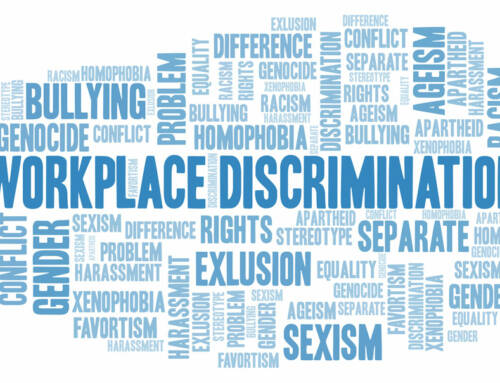Losing a loved one always causes emotional pain – and that pain is magnified when it seems that our loved one died because of someone else’s actions. In the case of an unavoidable accident or a violent action, the spouse, parent, or child of the person who was killed wrongfully can sue for damages, including lost financial support and in some cases the deceased person’s future wages.
As discussed in this blog, proving that a death was wrongful and establishing responsibility can sometimes be complex, since the victim must prove that the defendant was negligent, that they breached a duty, and that their negligence caused the person’s death.
Negligence means that the defendant either failed to act in an appropriate way, or acted in a way that was inappropriate. That negligence could be obvious, like failing to correct an obvious hazard; or it could be less obvious, like deferring needed maintenance on a vehicle. A breach of duty means that there has to be a standard of care to which the court can hold the defendant (a duty) that the defendant failed to abide by. This can be complex in certain cases because a standard of care is, essentially, “what a reasonable person can be expected to do.”
Causation means that the negligent act was the sole cause of your loved one’s death. Although in some cases this is clear-cut, in others it can be challenging to prove because the defense will endeavor to show that there were other contributing factors. If it can be shown that the defendant’s negligence wasn’t the only cause of death, it can undermine your case.
An experienced personal injury lawyer can review the circumstances of your loved one’s death to assess the viability of a wrongful death lawsuit. If you do pursue damages, it’s important to have an effective legal team that can prove negligence, breach of duty, and causation.






